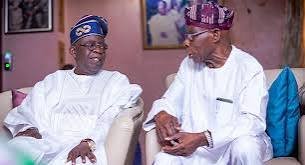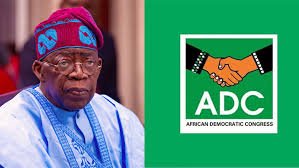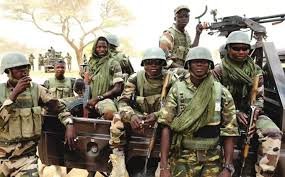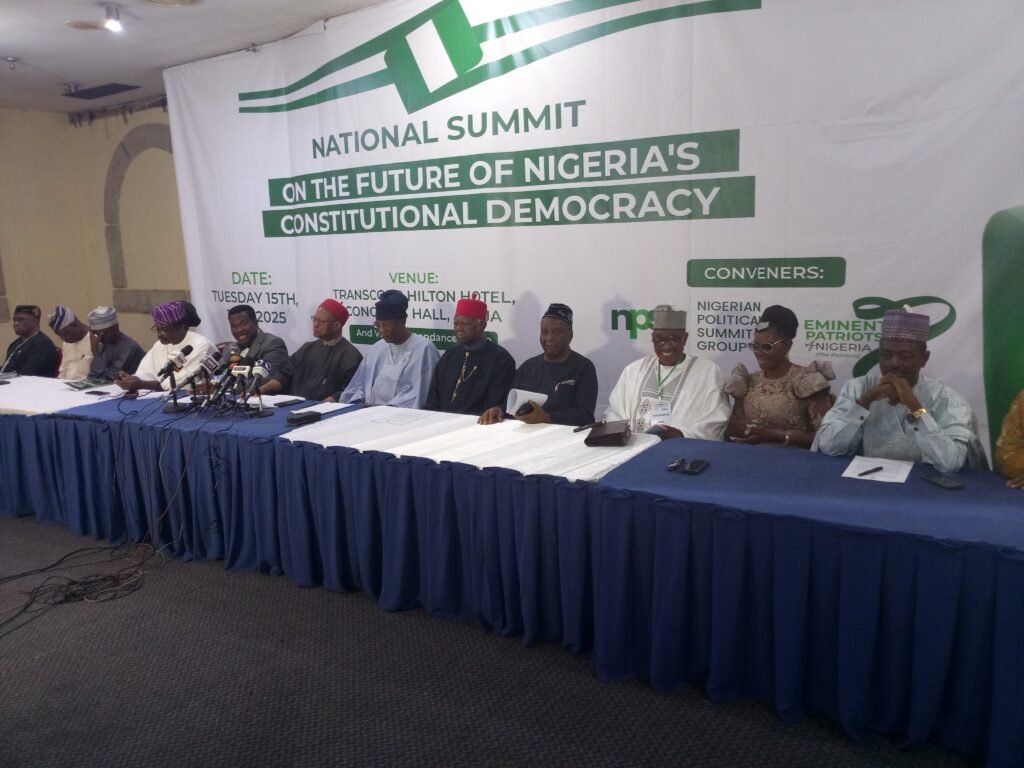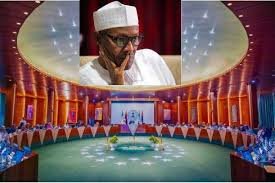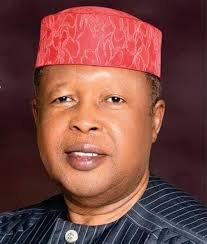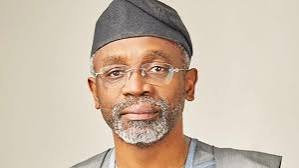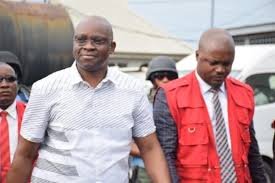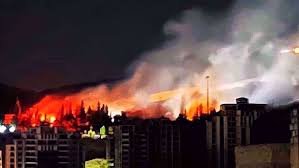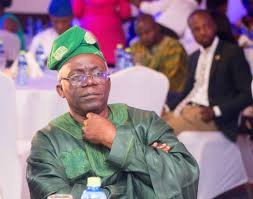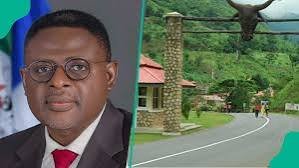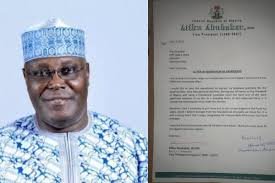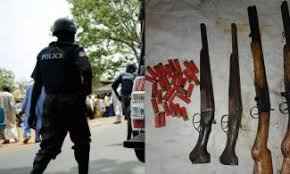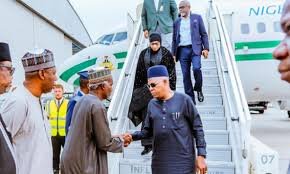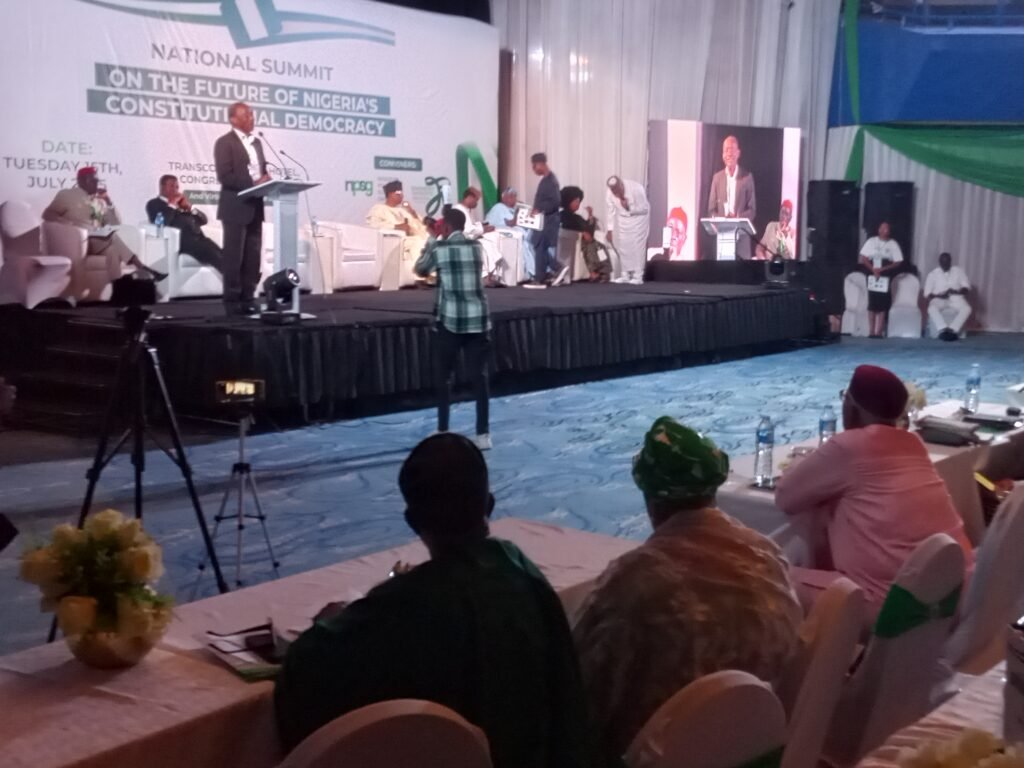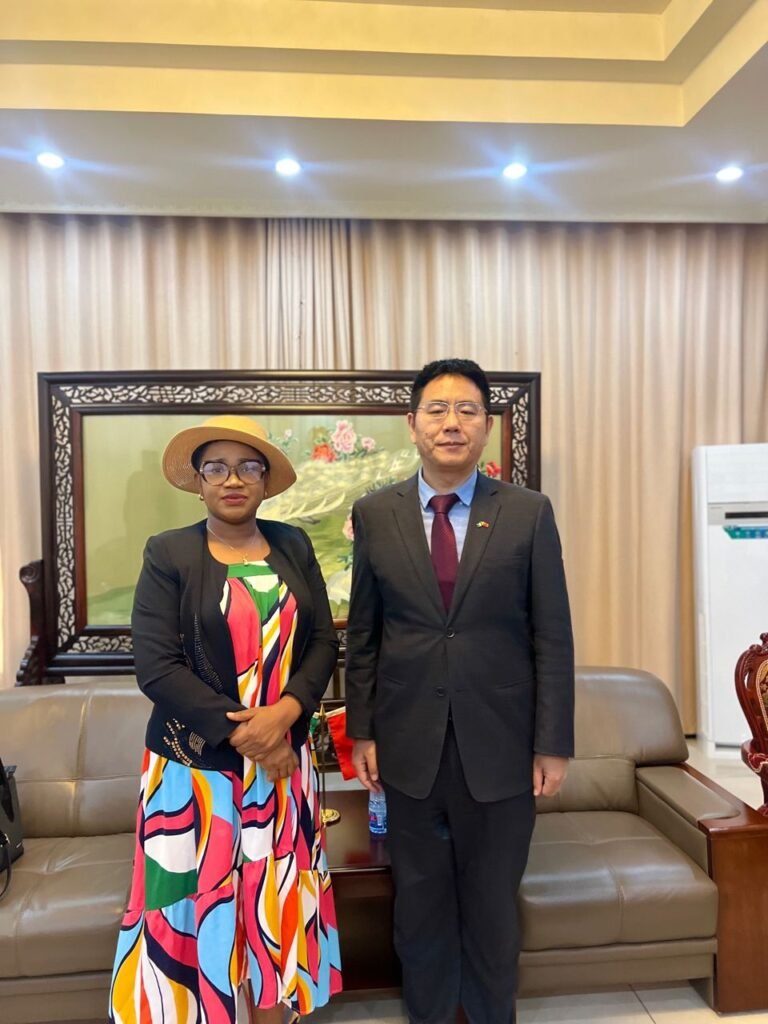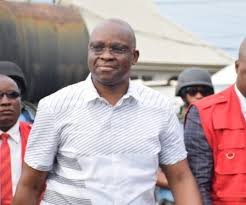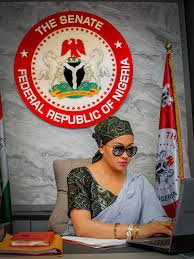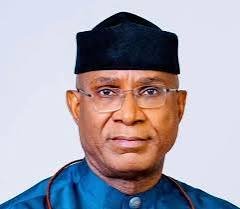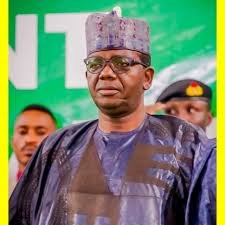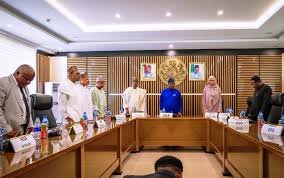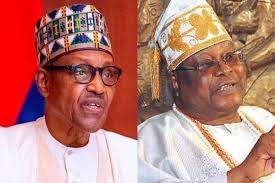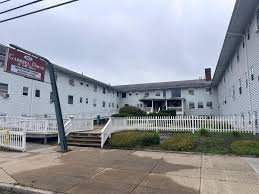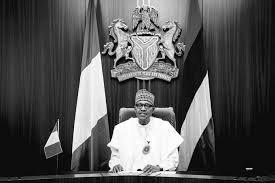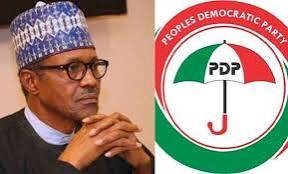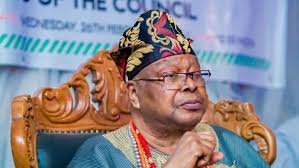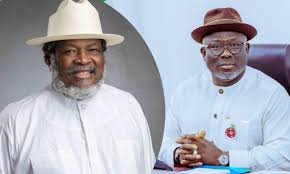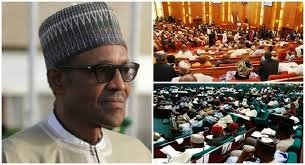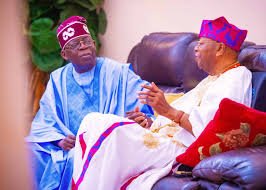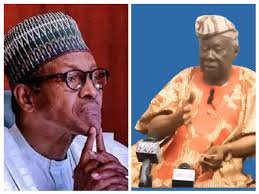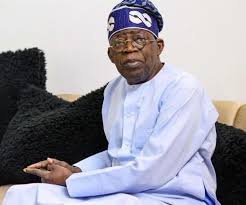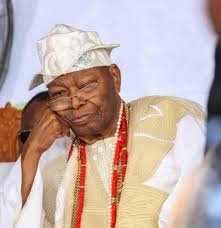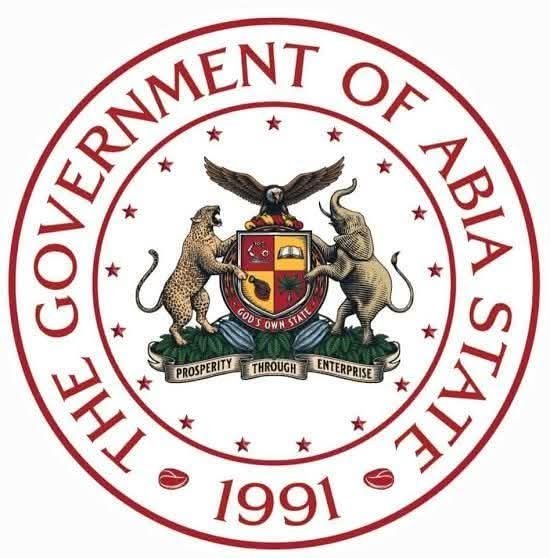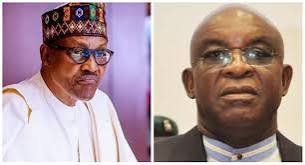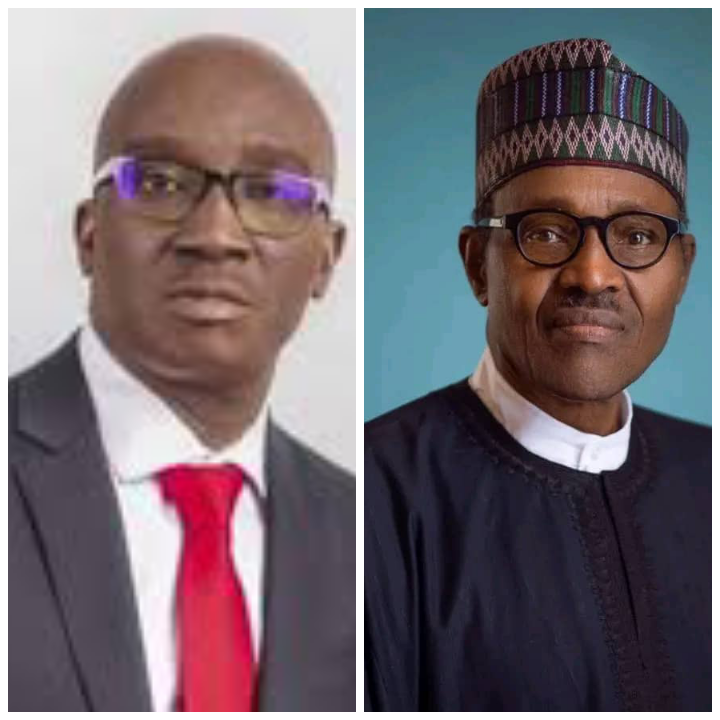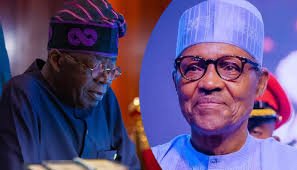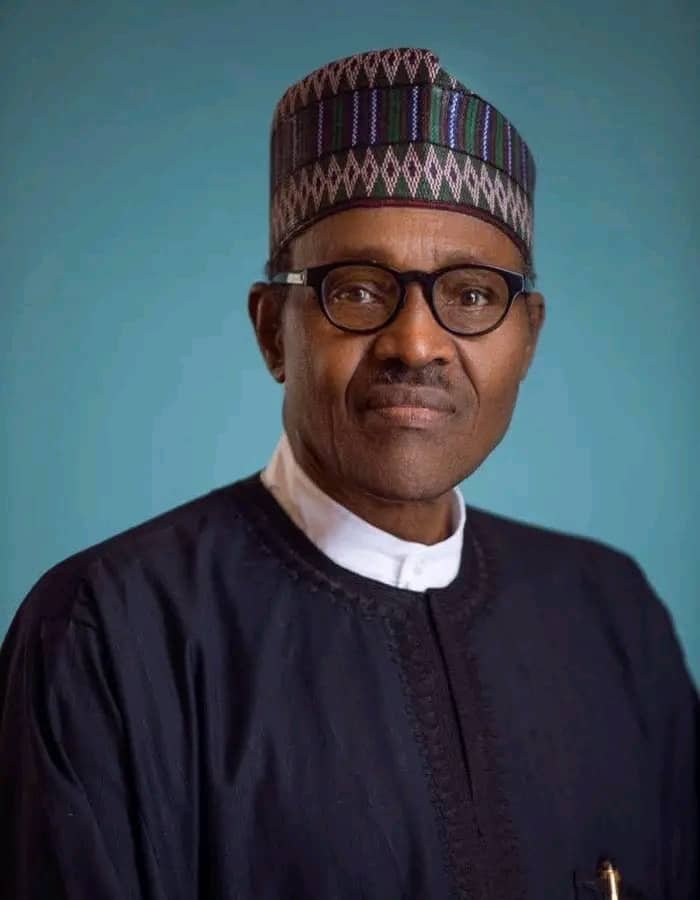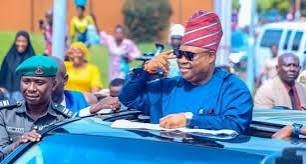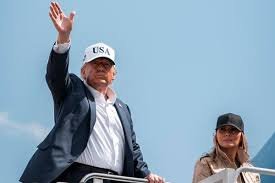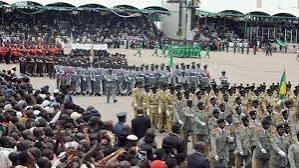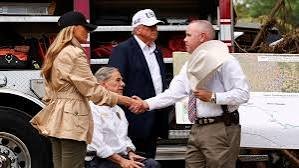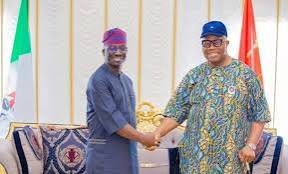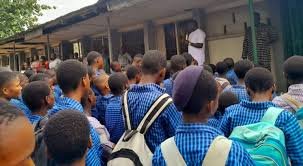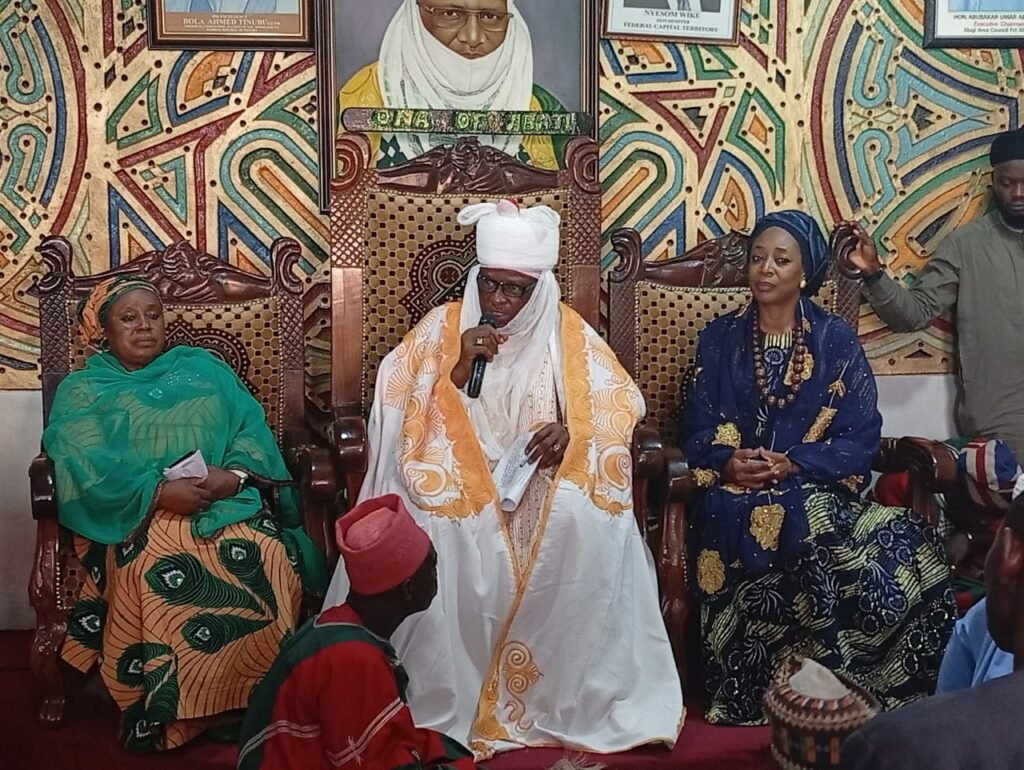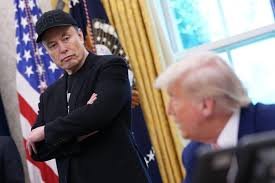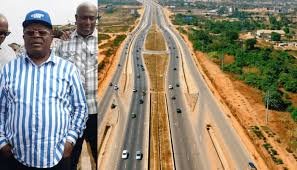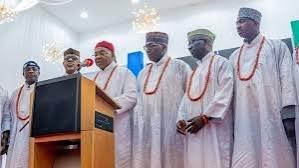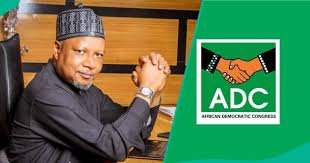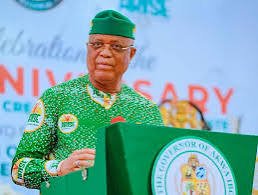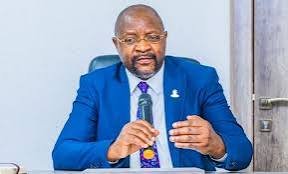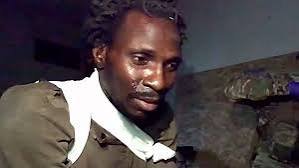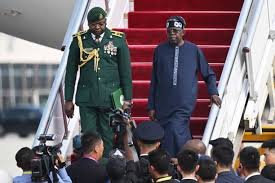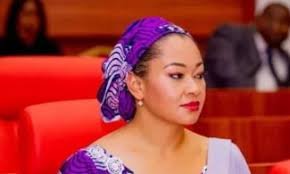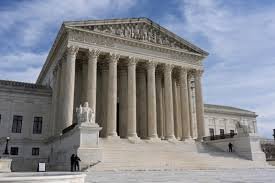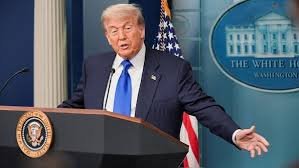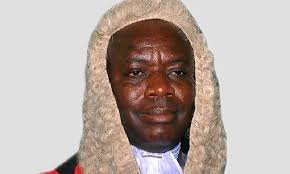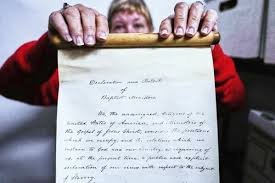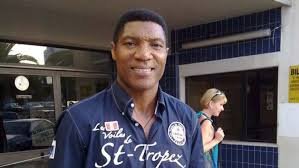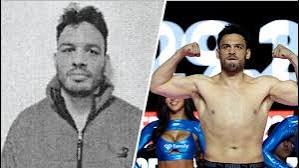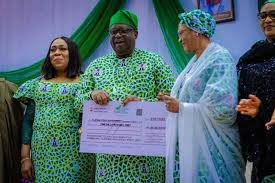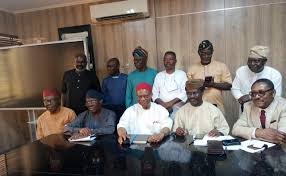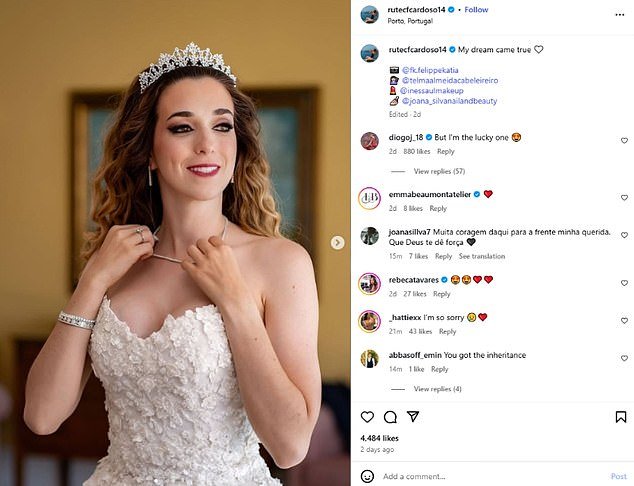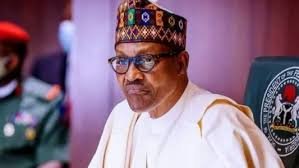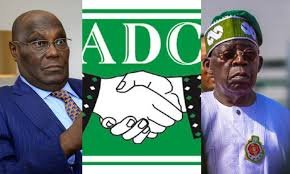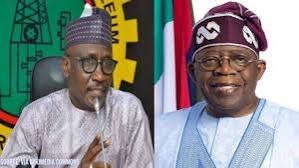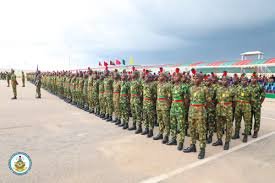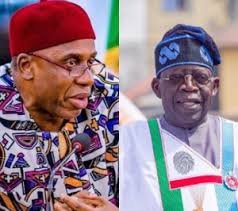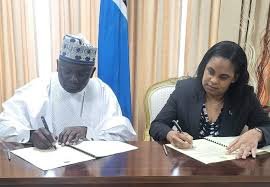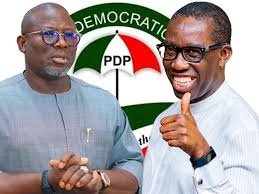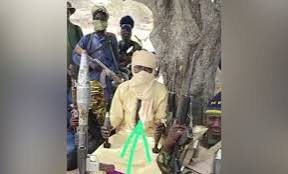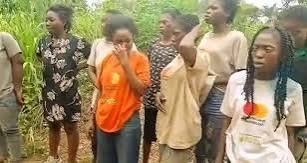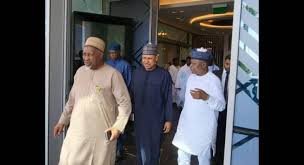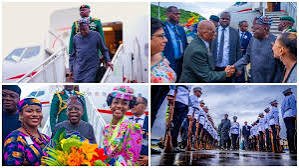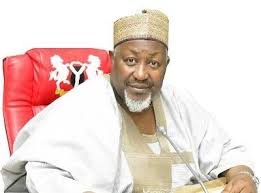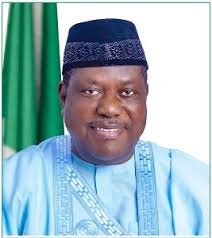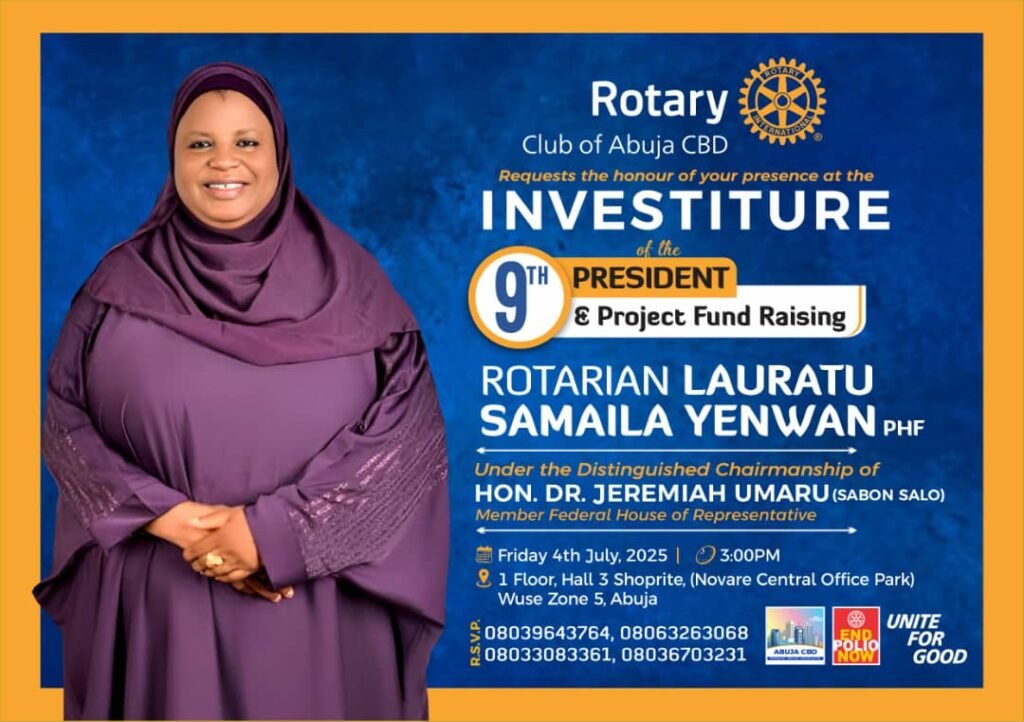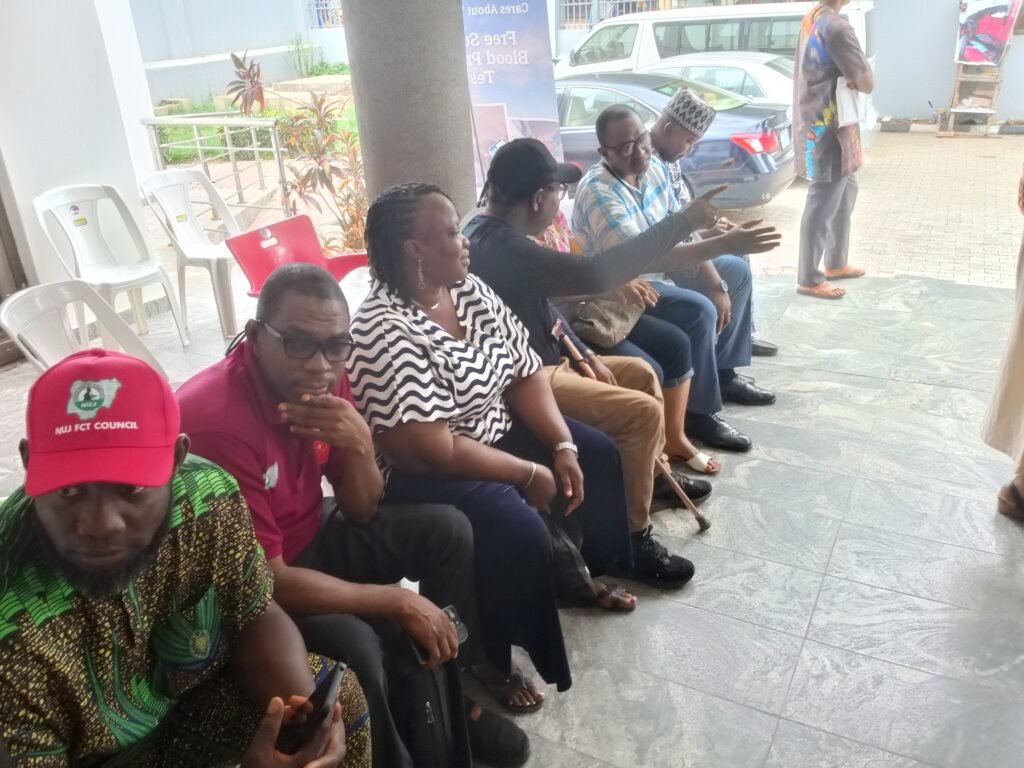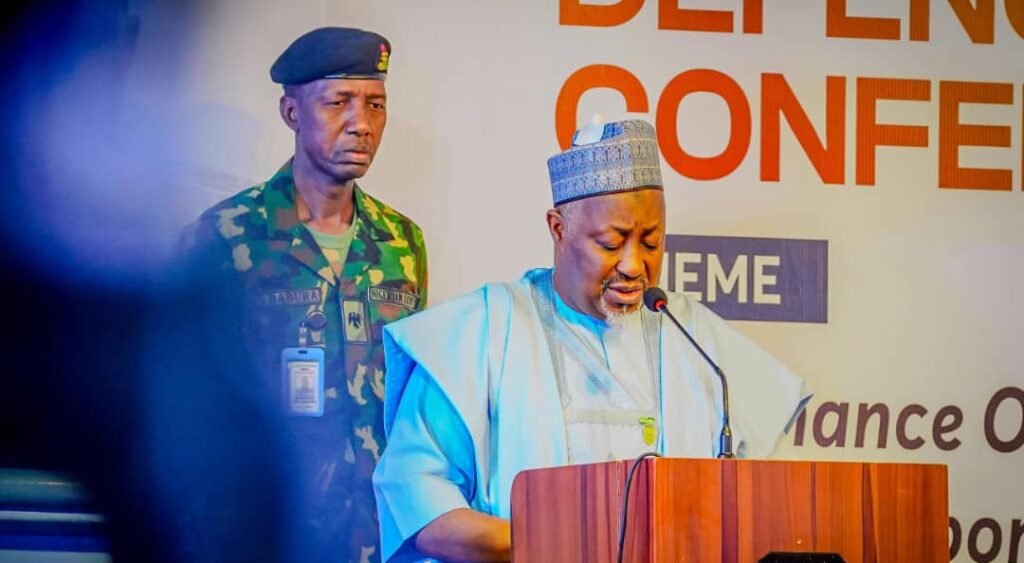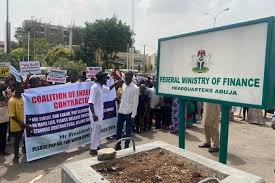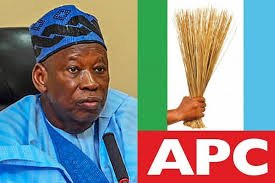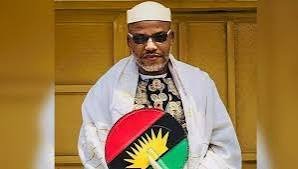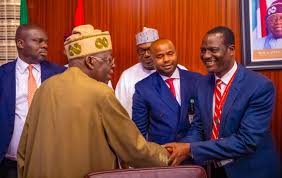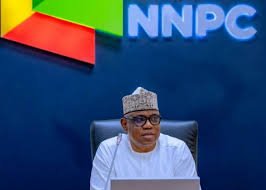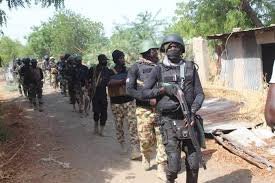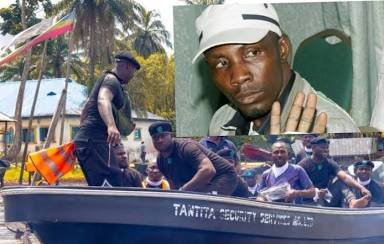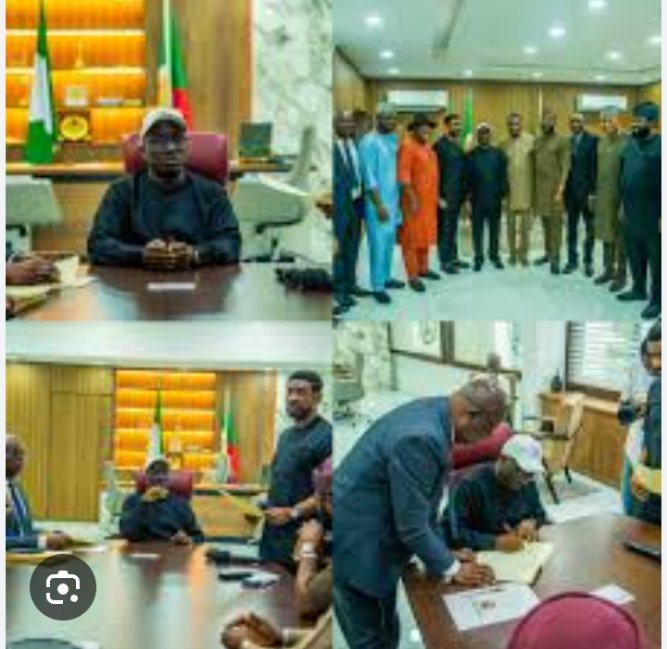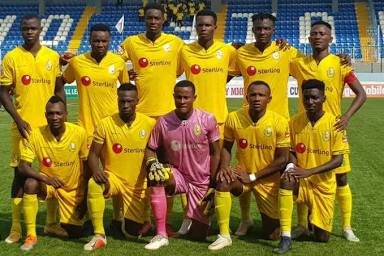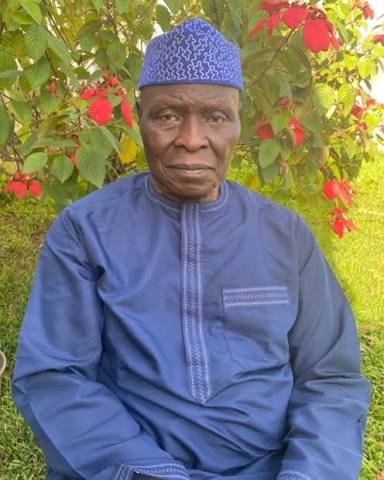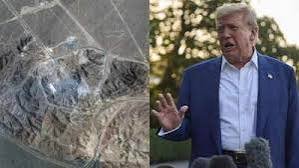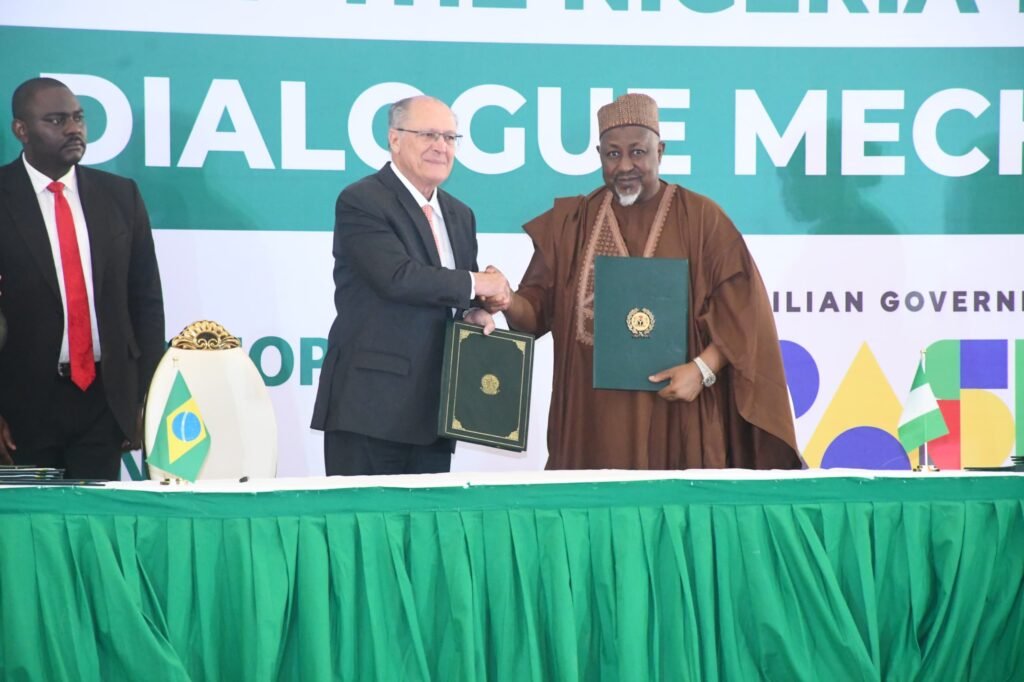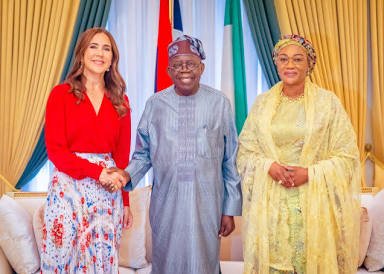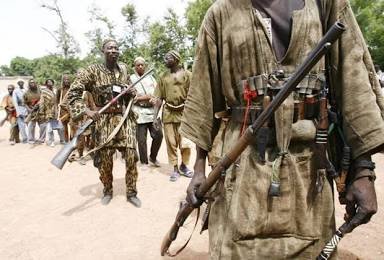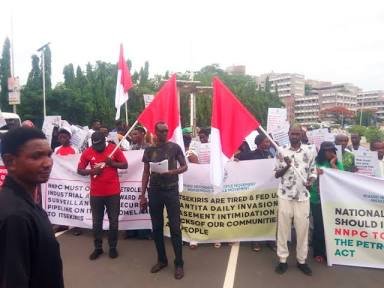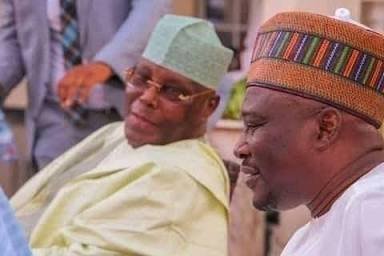2027: BETWEEN THE STREETS AND THE STATE HOUSE ASABA
By Abraham Ogbodo Delta State politics follows a pattern. It is a turn-by-turn arrangement to ensure that the governorship of the State follows equity. And equity here, requires the number one political office in the state to sequentially swing to and remain in each of the three senatorial districts for eight years in the first instance. It started with the Central Senatorial District in 1999, and then shifted South, after eight years, in 2007. The rounds were completed when the governorship moved to the North Senatorial District in 2015, causing it to return to the starting point, the Central, in 2023. This seemingly equitable arrangement was put in place by Chief James Onanefe Ibori, who was governor between 1999 and 2007. He is from Central, which is exclusively populated by the Urhobo. He might have reasoned that without this measure of affirmation, the contest for the high office among the many ethnic nationalities in the state would be cut-throat. After him came Dr. Emmanuel Uduaghan, an Itsekiri, from the South Senatorial District who also enjoyed a full measure of eight years, from 2007 to 2015. Dr. Ifeanyi Arthur Okowa, who represented the North, had it full too, from 2015 to 2023. In conception and implementation, the idea was beautiful. It is still beautiful. But it remains an arrangement by the Peoples Democratic Party (PDP), which others have found useful too. When Ibori desired it in 1999, not too many people were convinced about the sincerity of purpose of the originator. The acceptance was not wholesale. It was largely seen as some gimmick by the Urhobo-born contender to appear nice to other ethnic stakeholders in the short run but with a hidden desire to consolidate in the long run and exclude other groups from accessing the State House Asaba. Even when the governorship went South in 2007 after Ibori, there were still doubts. The geography and demography of the South and Central Senatorial zones appear too intertwined to inspire confidence. The composition of the South Senatorial zone that limits the occupants to Itsekiri, Ijaw and Isoko (The Three Is) is only for political convenience. In reality, the Urhobo who exclusively occupy the Central are still in the South and could share in the zone’s gains and pains. Everything, therefore, had depended on Ibori, who was the subjective factor in the equation, to play fair and make the governorship to move to the South senatorial district and outside the reach of another Urhobo man. In the build-up, the Urhobo Progress Union (UPU) under the leadership of late King Benjamin Okumagba, wanted the governorship to remain with the Urhobo after Ibori. On the surface, the move to retain the number one seat, after eight unbroken years, was selfish. In context, however, it was a legitimate quest by the Urhobo. And here is the context. The choice of Asaba, which was not part of the original Delta Province, as headquarters, when Delta State was created in 1991 was considered most insensitive by the Urhobo who are the majority ethnic nationality in the state. While it was jubilation in Anioma, the lamentation in the actual Delta enclave was deep. In a larger section of the newly created state, there was a strong feeling of betrayal of a legitimate hope by the Nigerian State. Outside pretences and attempts to be correct by current political actors, the real issues in Delta politics, even now, are woven around the naming of the headquarters when the state was created. The Urhobo, and by extension, groups in the old Delta Province, saw and perhaps still see this as an injustice that can only be assuaged by the continued retention of the governorship by them. Under this situation, good politics in Delta State has meant a delicate balancing of interests and feelings to create a consensus on Asaba as State Capital. This was why Ibori’s call for bridge building at the very beginning in 1999 was taken with a pinch of salt. Elements in the North thought he was only buying time to consolidate. His succession politics did not help matters also. Having an Uduaghan immediately after an Ibori looked more like power transmission than it looked like power transition. James Ibori and Emmanuel Uduaghan grew up under the same roof in Oghara, Delta State. Dr. Okowa had hoped to follow Ibori, but he was told to tarry for Uduaghan to come first. Thus, the real test of the Delta-For-All campaign of Chief Ibori was in 2015 when it became the turn of the North to have the governorship in addition to the headquarters. A kind of double Northern portion that might have proved difficult to swallow by the Central and South, even 24 years after the creation of Delta State. All the same, it was agreed in principle to move the governorship to the North. The only indeterminate factor became the person to have it among the Northern hopefuls. The then incumbent Governor, Dr. Emmanuel Eweta Uduaghan was holding too much to his chest. In the circumstance, Okowa, who stood strong in the Anioma line-up, had appeared completely exposed and vulnerable. A not-so-enthusiastic Uduaghan was playing a number of variables against Okowa as a fixed factor of an Anioma united front. First, it was Mr Anthony Chuks Obuh, Permanent Secretary in the Government House and confidant of Uduaghan. Obuh had hoped for a smooth transition from the civil service to the ultimate political seat in the state. When he failed, there was a radical back-pedalling to the Central Senatorial zone by Governor Uduaghan to throw up Mr. David Edevbie as a preferred candidate. Truth be told, it was one unique instance that the PDP in the State showed good character. Ibori refused to be persuaded by arguments to abort the power rotation principle of the party even when things looked good for him with the option of a David Edevbie. From his prison cell in the United Kingdom, he gave an order for Okowa to be returned in the


































